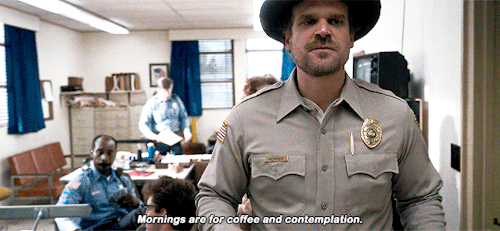
MY LOVE DOES NOT DIE
My love does not die is a book written by Roberto Saviano about the story of Rossella Casini, which I read thanks to Monica.
The origin of the title My love does not die is explained in the book, but it is surely the story of a love that is both disruptive and unavoidable.
Rossella Casini is a name that in itself inspires sympathy. Rossella is Tuscan, from Florence, a city of art where the struggles between the Guelphs and Ghibellines belong to ancient history.
It is the end of the 1970s, when heroin begins to take the lives of young people. Years of political struggles and cultural ferment.
1977: the year the first Star Wars is released, the Pompidou Centre is inaugurated in Paris, Sting, Andy Summers and Stewart Copeland form The Police, and David Bowie records Heroes in Berlin.
Rossella and Francesco are university students but do not attend the same faculty: fate brings Francesco right in front of Rossella’s house.
As in fairy tales, everything seems perfect, and at this point it remains to understand whether love really makes you blind and deaf, but love surely makes you strong.
With this strength, but alone against a sick world, Rossella follows Francesco to Calabria, despite his family turning out to be a ‘ndrina.
With this strength, Rossella even manages to convince Francesco to collaborate with the justice system, together with her.
But Francesco ends up in prison and his imprisonment somehow breaks their union, allowing the affiliation to prevail.
On 22 February 1981, Rossella is in Palmi, planning to return to Florence, but she disappears into thin air.
A nothingness that lasted 13 years. A nothingness during which her mother dies. A nothingness that swallows everything about her, literally.
Look closely at the photo on the cover of the book: that is the only image of Rossella.
The only image.
In an age when we fill our mobile phones with photographs, it took the intuition of a group of journalists to find Rossella’s face, which they recovered through her enrolment in the faculty of psychology.
I am grateful to them, to the Libera association, which works to keep Rossella’s voice alive, and I am grateful to everything that honours her memory, such as the school: Istituto Comprensivo Rossella Casini.
Rossella’s love does not die, and neither should her legacy.
















 Hi I'm Claudia and this is KCDC.
Hi I'm Claudia and this is KCDC.




OPINIONI